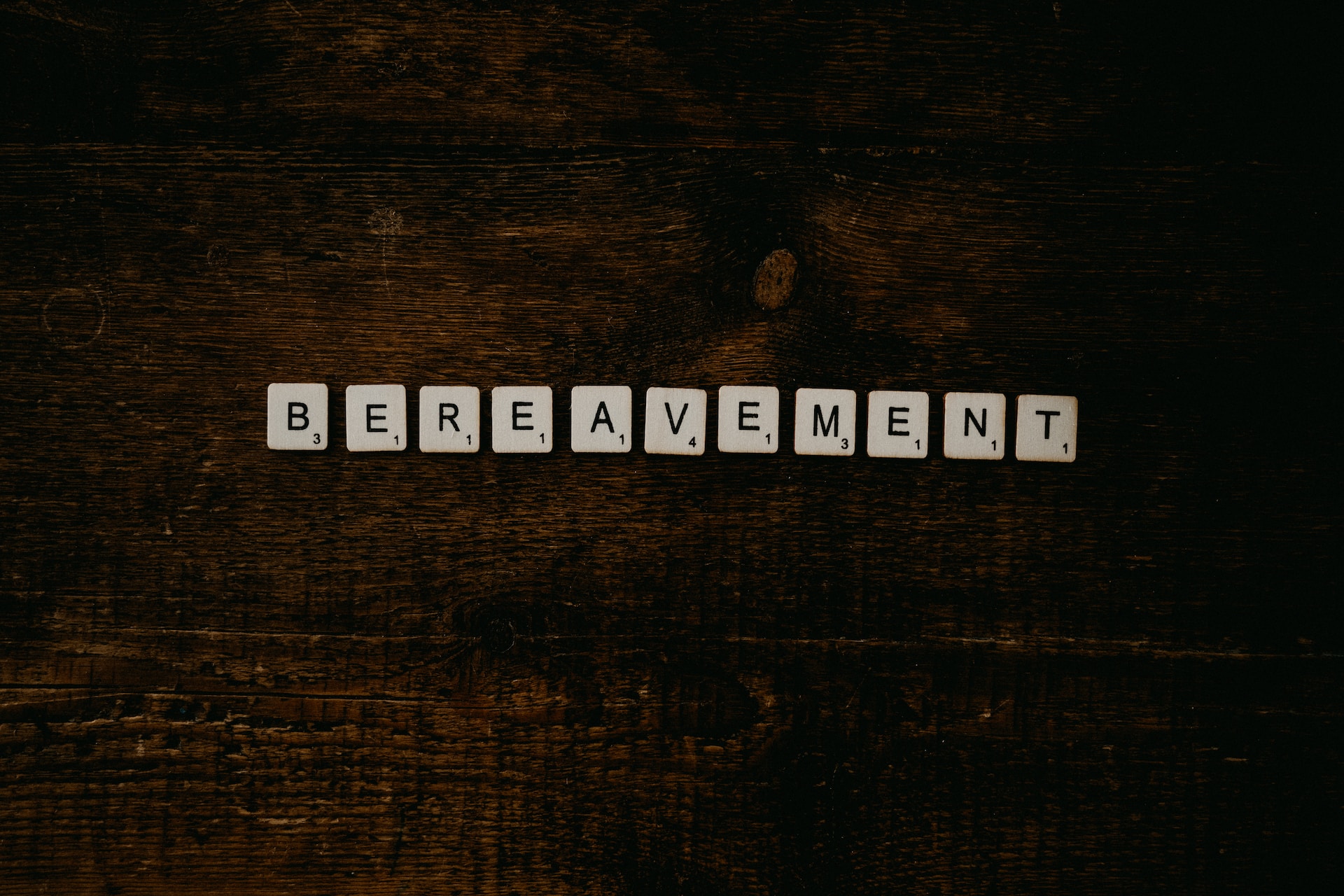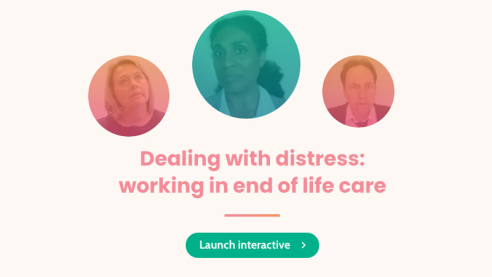Find out about The Open University's Health and Social Care courses and qualifications.
Researchers have known for some time that the way employers treat their
staff can have a huge impact on their mental health and wellbeing, especially
around life events. Paid employment can impact health and wellbeing positively
by generating a sense of self identity and purpose, the act of being in paid
work itself can be seen as psychologically beneficial (DWP, 2006). However,
work can also impact upon us negatively; work related stressors or reconciling
the time demands of personal responsibilities among professional demands are
among just some of the things that can lead to poor mental health.
A protective feature for workers can be to have a good working relationship with their employees. The significance of good working practices has been recognised by one recent review Good Work: the Taylor Review of Modern Working Practices (Taylor et al., 2017). It sets out ‘Employment quality’ and ‘Work-life balance’ as two of the aspects of ‘good work’. As part of creating healthy workspaces, employers who are aware of the strains everyday life can place upon their paid employees can help by establishing clear policies for how common stressful situations may be contractually handled by the employer. One example of this can be by having clear and up to date policy which sets out how staff will be supported if they experience the death of someone close to them. This includes how leave of absences will be managed.

While such policies can be hard for small organisations to design and implement, large organisations such as Higher Educational Institutions (HEIs, i.e. universities) have significant resources which can help them to better plan and make adjustments to best support their staff after a loss. However, surprisingly little is known about the policies and experiences of those who work in higher education in the UK. A recent survey conducted by researchers from Open Thanatology at The Open University set out to find out more about bereavement support for staff in UK HEIs.
Over 500 people completed the survey, with responses from all four nations covering a range of HEIs including The Open University. The survey asked people about their experiences of bereavement whilst employed, which over 70% of respondents had experience of, including their knowledge of what policies and support their universities offered.
 Across all participants, more than 40% were not sure if
their university had a policy for bereavement and nearly 50% would not know
where to find it. Comments from respondents indicated that some were unable to
find policies when they looked – as one respondent said, “it's well hidden if
there is one”. Or when they did find a policy, that they may be called
different things like ‘contingency leave’, ‘compassionate leave’ or bereavement
leave only applying to specific cases, such as leave following the death of a
child.
Across all participants, more than 40% were not sure if
their university had a policy for bereavement and nearly 50% would not know
where to find it. Comments from respondents indicated that some were unable to
find policies when they looked – as one respondent said, “it's well hidden if
there is one”. Or when they did find a policy, that they may be called
different things like ‘contingency leave’, ‘compassionate leave’ or bereavement
leave only applying to specific cases, such as leave following the death of a
child.
When people have read or used the polices, some have described them as ‘vague’ or ‘difficult to digest’ whilst others find the policies easy to use, especially in conjunction with speaking to human resources. Across a range of examples, people noted that their university’s policy relies on the discretion of the line manager – which could enable flexibility. Yet, some people raised concerns about fairness and training (or lack thereof) that managers received.
People noted that there is variability in terms of how much leave is allocated, and this differed across institutions. Legally, all parents who experience the death of a child under the age of 18 (or stillbirth) receive up to two weeks of paid bereavement leave. Other forms of leave are up to the discretion of the employer. In the survey, we heard from people who reported that for some deaths, they were expected to use annual leave to attend funerals whereas others knew that they could have up to a certain number of days (e.g. five in some universities). Some respondents were also encouraged to use sick leave to cover additional time off work following the death. Over 30% of the respondents felt that the time off for bereavement leave was not sufficient.
Quotes from participants illustrated that for some, they felt they needed more time to deal with estates, funerals, and their grief, as well as other social matters that may arise after someone dies. Yet, many also reported feeling like they needed to get back to work due to workload pressures or not wanting to let their teams down. For some, they reported not even taking leave due to concerns about how doing so may negatively impact their work.
Many respondents (over 60%) did, however, feel supported by their line managers and colleagues. People were also aware that they could draw on other support mechanisms universities may provide, such as wellbeing helplines. The survey showed that there are areas for improvement though in terms of support. This includes but is not limited to: support with covering workload, supportive messages and conversations, training for managers around bereavement, and clear signposting to policies.
Having a bereavement is something many staff will sadly experience during their working lives. The actions of employers have the potential to greatly support staff members who are dealing with the various practical and emotional aspects of these events. However, based on our research, it is evident that training and leadership is important in ensuring staff receive equitable and compassionate responses.







Rate and Review
Rate this article
Review this article
Log into OpenLearn to leave reviews and join in the conversation.
Article reviews